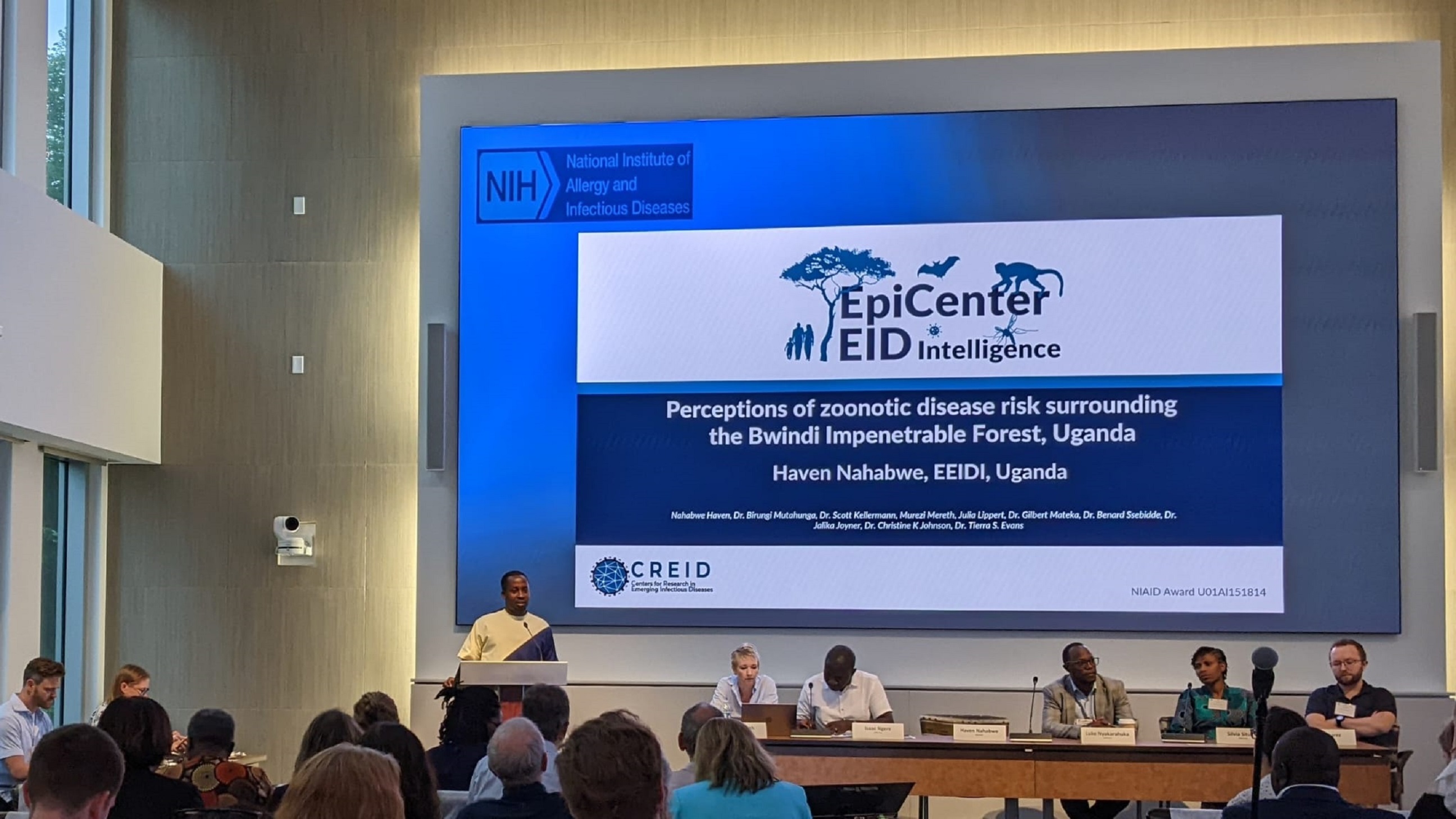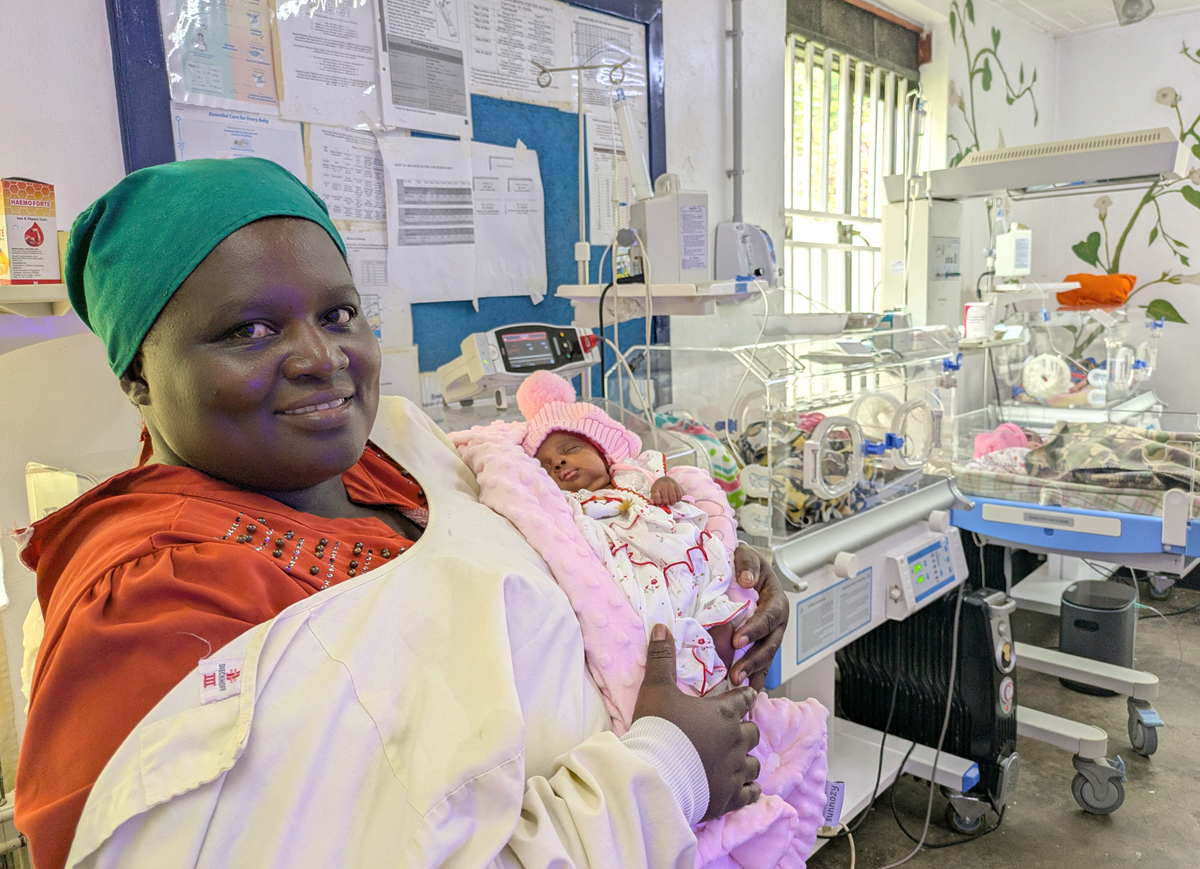Bwindi Community Hospital, UC Davis and local partners collaborate zoonotic surveillance efforts to prevent future epidemics

For a very long time, Sub Saharan Africa has been known as one of the regions with leading infectious diseases outbreaks. Most outbreaks have come from these countries, especially, Uganda, and her neighbours in the Central African regions such as the Democratic Republic of Congo (DRC).
To discover and prevent future epidemics and pandemics, Bwindi Community Hospital (BCH) is working to integrate the One Health approach, which aims to sustainably balance and optimize the health of people, animals and ecosystems, into its diseases surveillance strategies.
Together with partners; the Epicentre for Emerging Infectious Diseases and Intelligence (EpiCenter), University of California Davis, (UCDavis), Uganda Virus Research Institute (UVRI), Uganda Wild Life Authority (UWA), Gorilla Doctors and Rugarama Hospital, BCH has embarked on both animal and human population disease surveillance. During the last 25 years, human and animal populations have never been at a higher risk of infectious disease spillover.
This research work began in 2021, and the disease surveillance focuses on arboviruses, filoviruses, and corona viruses, which cause such diseases as Zika, Ebola and Covid-19 which are known to cause devastating outcomes in affected populations.
Human populations living near wildlife such as near Bwindi Impenetrable National Park (BINP) are at increased risk of zoonotic spillover. Given Bwindi Community Hospital’s proximity to both the Democratic Republic of Congo (DRC) and the Bwindi Impenetrable Forest with its rich population of primates and bats, there is a heightened risk of zoonotic disease spill over, such as Ebola. The Congo Basin where DRC and BINP are located is a biodiversity hotspot with a history of emerging and re-emerging infectious disease oubreaks.
Through the Bwindi mHealth project for example, researchers are working to improve data capture at the point of zoonotic spillover. Community health workers, commonly known as Village Health Team (VHTs), and community members, are being empowered to report both human and animal health data using a basic non-smartphone-based system. Working with local communities, and then empowering them strengthens emerging infectious disease surveillance, research, and outbreak response. With this project, early detection is enhanced and timely interventions carried out, hence, preventing future epidemics. Human and animal health data help BCH and partners to predict and respond to potential epidemics.
This research also focuses on advancing understanding of viral emergencies from wildlife in forests, such as the Bwindi Impenetrable forest, and rapidly urbanising environments, with rapid population growth such as Kabale Municipality.
Disease spillover from human to animals and vice-versa (also referred to as zoonotic spillover) first occurs near the forest and then to urbanising areas where viruses adapt to human-to-human transmission. Land-use changes such as deforestation (especially in areas inhabited by wild animals) also increases conflict between humans and wildlife such as bats and primates, hosts to viruses that can spread to people and the increase in the frequency of encounters with people.
In addition to bats and primates, mosquitoes also act as vectors to spread infection between humans and animals that may not have otherwise come into close contact with each other.
By studying emerging viral threats and their hosts and vectors in these high-priority areas, BCH and partners prepare for and prevent future epidemics and potential pandemics.
By Elizabeth Namara




